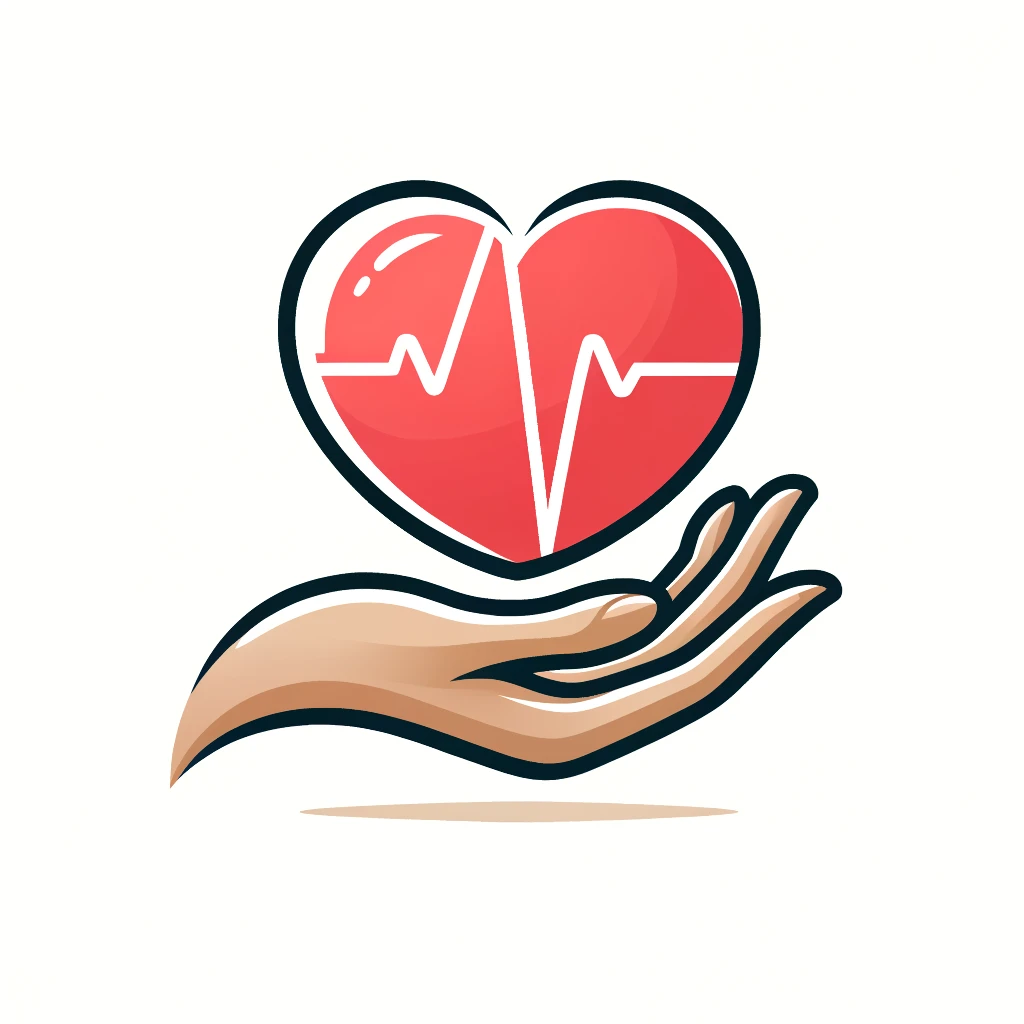Important! This site provides help to understand the possible options in Stroke prevention and rehabilitation. The individual treatment plans have to be determined by a physician in every case!

Medication management is a critical aspect of stroke prevention and recovery. Proper use of medications can significantly reduce the risk of recurrent strokes and manage underlying health conditions. This overview highlights essential points regarding medication management for stroke survivors, emphasizing the importance of adherence and understanding medication regimens.
- Antiplatelet Therapy
Antiplatelet medications, such as aspirin and clopidogrel, are often prescribed to prevent blood clots after a stroke or transient ischemic attack (TIA). These drugs help reduce the risk of future strokes by preventing platelets from clumping together. - Statins
Statins are commonly prescribed to lower cholesterol levels and are recommended for all stroke patients, regardless of their initial cholesterol levels. High-dose statins have been shown to provide protective effects against further ischemic strokes. - Antihypertensive Medications
Managing high blood pressure is crucial for stroke prevention. Antihypertensive medications should be taken by almost all stroke survivors, even if their blood pressure appears normal, as hypertension is a significant risk factor for strokes. - Anticoagulants
For patients with atrial fibrillation or certain heart conditions, anticoagulants are necessary to prevent blood clots that could lead to a stroke. It is essential to avoid combining anticoagulants with antiplatelet drugs unless specifically directed by a healthcare provider. - Medication Adherence
Adherence to prescribed medication regimens is vital for effective stroke prevention. Patients should consistently take their medications as directed and communicate with their healthcare providers about any difficulties they encounter, such as side effects or financial constraints
Effective medication management is essential for reducing the risk of recurrent strokes and ensuring optimal recovery outcomes. By understanding their medication regimens and maintaining open communication with healthcare providers, stroke survivors can significantly enhance their health and well-being.
